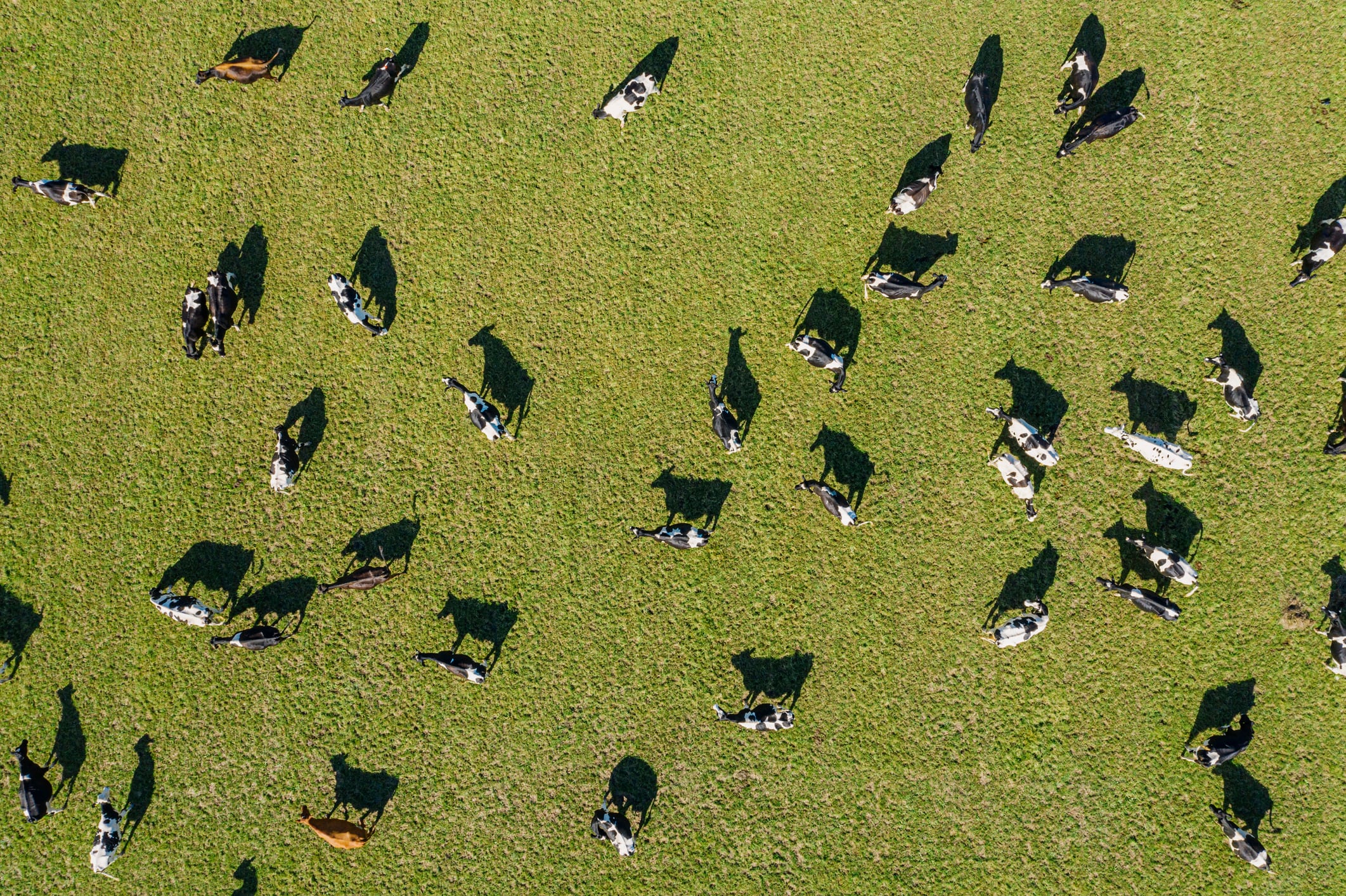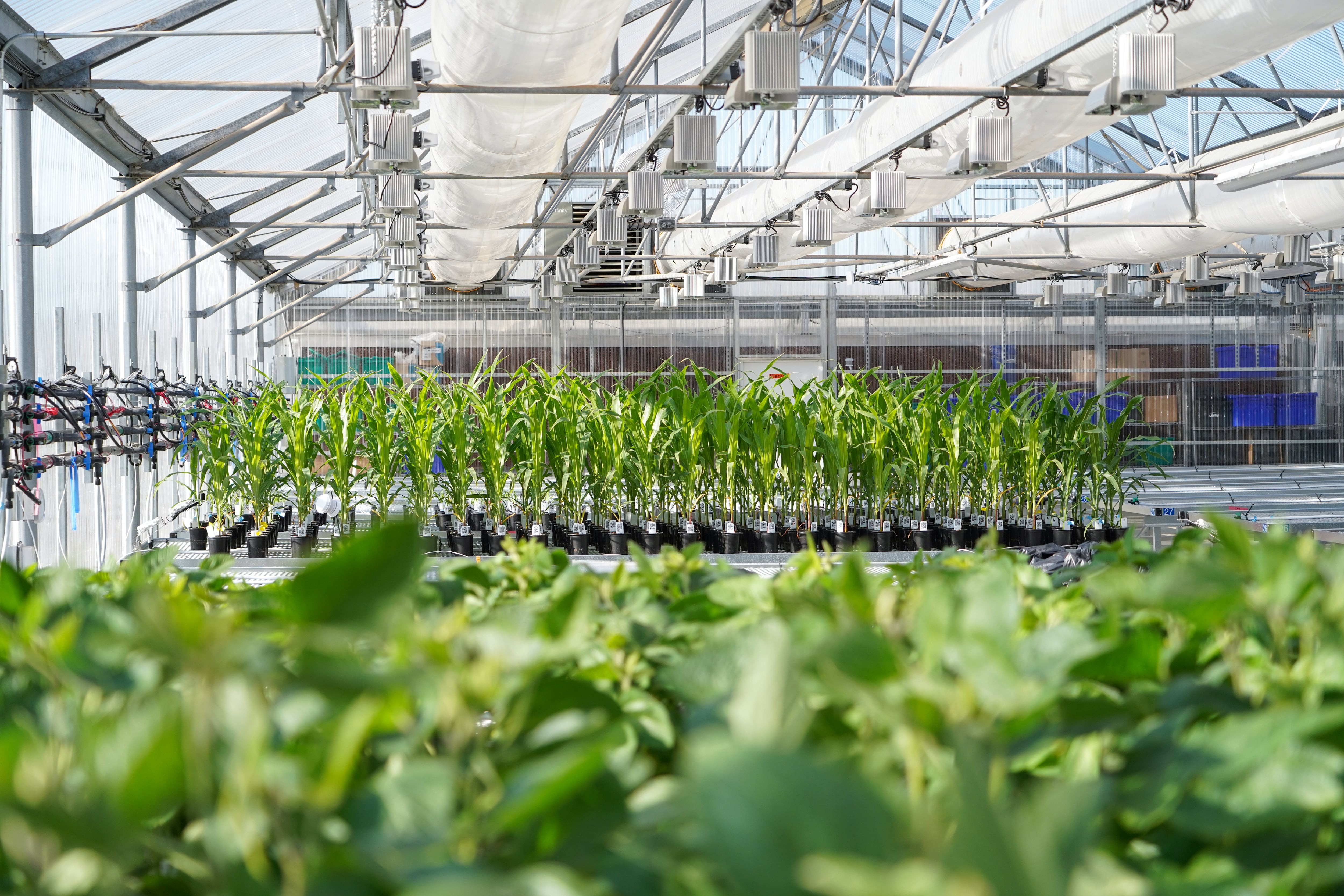Climate change is taking a toll on crops across Asia. For instance, heavy rains and flooding are causing significant losses, while intense heat disrupts pollen shedding, highlighting the need for more resilient traits.
While gene editing has become a widely used tool for crop improvement, DNA Harvest Partners believes many companies are not doing it effectively.
“There are many seed companies that have adopted some of this technology, but they have not fully integrated it. Some companies put markers on their plants but tend to overdo it. They spend heavily on genome sequencing or place thousands of markers when they may only need 1,000 or 2,000,” said Thomas P Brutnell, a partner at DNA Harvest.
“We advise them on the most efficient number of markers. Through our simulations, we can show them the outcomes and do it at half the cost. Companies also do not always have robust phenotypic data, so we help them capture higher-quality data, sometimes using fewer breeding stations but ensuring the data is reliable.”
The US-based company, which up till recently was in stealth mode, claims to deliver similar or better outcomes at roughly half the cost.
“DNA harvest partners had developed one of the most sophisticated, AI driven predictive breeding platforms in the industry. What we want to do is partner with small to mid-sized seed companies to give them the same suite of technologies and unlock value in the same way that all of the majors are doing so today,” said Brutnell.
Asia potential
DNA Harvest Partners was in Singapore at the Asia Pacific Agri-Food Innovation Summit held from November 4 to 6.
Brutnell said it saw an opportunity to target small to mid-sized breeders in the region in countries such as Indonesia, Malaysia, Thailand, Vietnam, India, and Australia, where it sees strong demand for more efficient and data-driven breeding workflows.
“The value proposition is that we can give them a variety developed in half the time for half the cost. That improves their market share, because now they’re developing varieties faster. And we can also breed for specific traits,” said Brutnell.
He added that the firm’s technology does not replace any breeding teams.
“We very much depend on the company to have those breeders in place. We work alongside breeders, guide them through the process, and make their work easier. As a result, everything accelerates. Costs are cut in half, and companies can reinvest those savings into more crops. That ultimately increases their market share because they are producing more and better varieties than their competitors in less time.”
Moving forward, the company is looking to identify and form the right partnerships.
It is already involved in a joint venture that is developing sustainable aviation fuel feedstocks tailored to Malaysia and Indonesia.
“We’re looking for partners palm oil plantations who may want to have another market channel. During normal rotations of palm, we would put a cover crop in to prevent soil erosion. It will have ecosystem benefits, but it’s also a cash crop. We can engineer those seed oils to have a high-value pharmaceutical or cosmetic product,” said Brutnell.
The company hopes to replicate this model with smallholder farmers.
“If these crops are developed as cover crops that are also cash crops, they provide stability in case of a market disruption for smallholders. For example, in the US, soybeans currently face limited market options. A winter cropping system that could sell into a biofuels programme would help offset some of those losses.”





